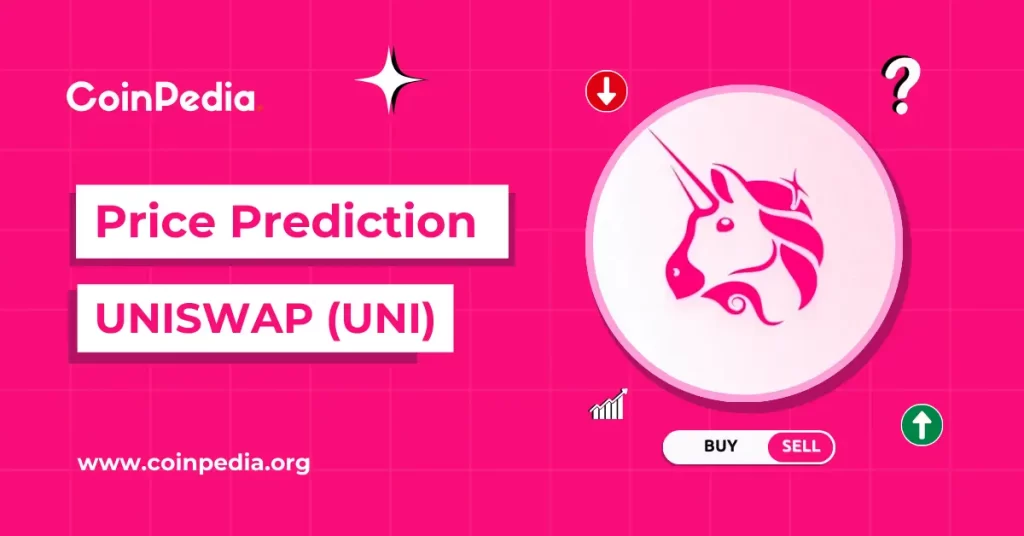The Canton Network has solidified its presence in the blockchain industry, charting significant progress as it aligns with regulated finance. This institutionally-oriented blockchain has seen a remarkable surge in validator activity, now including major U.S. exchanges, banks, and infrastructure organizations. According to Copper Research, this trajectory marks an important benchmark for institutional blockchain development. With key players such as Goldman Sachs, HSBC, and Broadridge steering its growth, Canton distinguishes itself with a model that emphasizes privacy and interoperability for shared platforms.
How Did Canton Achieve Its Swift Expansion?
Canton’s rapid advancement can primarily be attributed to its influential backers and its proficiency in handling sophisticated financial transactions. Broadridge demonstrates this through the management of over $5.9 trillion monthly in tokenized U.S. Treasury repos on the platform, a scale unparalleled by previous institutional blockchain endeavors. Major U.S. exchanges like Binance U.S., Crypto.com, and Gemini have begun participating as validators, despite Canton’s token not being officially listed on these platforms yet.
Why Does High Transaction Volume Matter?
By the end of September, Canton had processed more than 500,000 transactions daily, eclipsing the combined activities of USDC and USDT transfers. This volume parallels Ethereum’s, indicating considerable institutional engagement in daily operations. Copper Research stresses that this growth is driven by real-world applications rather than tests, underscoring the platform’s robust capabilities in privacy and interoperability, which are crucial for financial institutions.
How Do Institutions Enhance Canton’s Uniqueness?
Institutional participation is crucial to Canton’s progress. Banks like JPMorgan and Wells Fargo, through initiatives like Versana, utilize the network for syndicated loan data exchange. Additionally, Goldman Sachs is enhancing tokenized bond issuances via Canton’s DAP initiative. Copper Research highlights that institutions’ preference for secure and innovative shared platforms significantly distinguishes Canton from other blockchains. Such backing has allowed Canton to carve a niche, drawing in more financial sector participants.
Canton Network exemplifies the increasing inclination towards blockchain solutions capable of meeting regulatory, privacy, and efficiency criteria within the financial sector. Despite its institutional emphasis offering a competitive edge, potential hurdles remain, such as scalability and regulatory complexities across regions. With its privacy-centric strategy tailored for institutional purposes, Canton could set a standard for blockchain adoption. As regulations change, Canton’s collaboration with financial powerhouses might offer a blueprint for new entrants into the institutional blockchain arena.
Canton Network has become a significant player by aligning with regulated finance.
Disclaimer: The information contained in this article does not constitute investment advice. Investors should be aware that cryptocurrencies carry high volatility and therefore risk, and should conduct their own research.
















 English (US)
English (US)